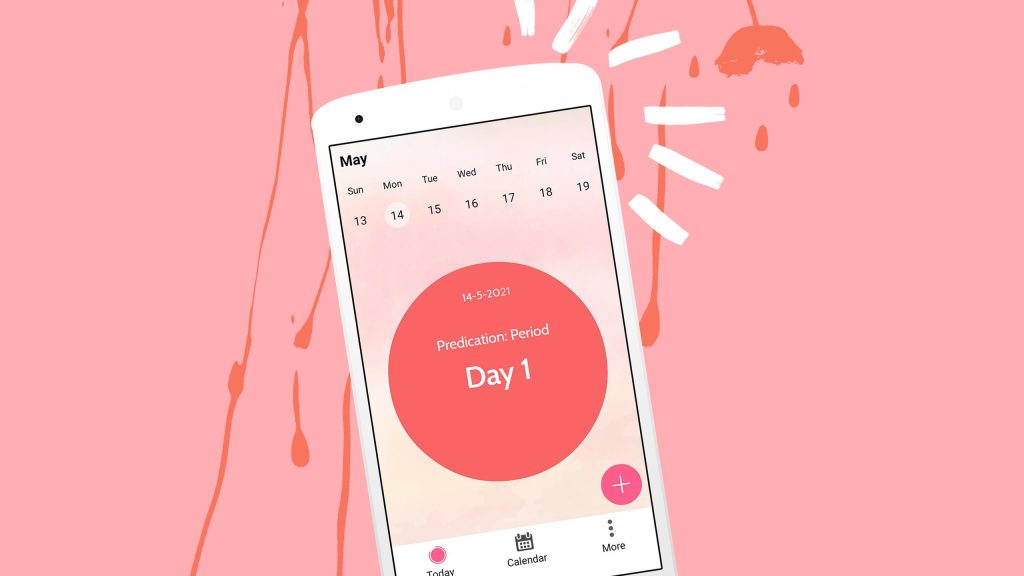
Menstrual Cycle: How to Calculate Your Period Accurately.
For many women, knowing when their period is going to start can be a bit of a guessing game. If you’re trying to avoid getting your period during a special event or trip, then it’s even more important to be able to calculate when it will happen.
While there’s no one-size-fits-all method for predicting your period, there are some things you can do to increase the accuracy of your calculation. In this blog post, we’ll share some tips on how to calculate your period accurately.
1. Track Your Menstrual Cycle
The first step in accurately calculating your period is to track your menstrual cycle. This involves recording the date of your period each month, as well as noting any other symptoms you experience such as cramping, bloating, and mood swings. Doing this for a few months will help you get a better sense of when your period usually starts and ends.
2. Use An Online Calculator
If you’re finding it difficult to track your own menstrual cycle, there are many online calculators that can help. These calculators ask for information about your last period and then give you an estimate for when your next period will start. However, it’s important to keep in mind that these calculators aren’t always accurate.
3. Use a Period Tracker App
If you’re looking for a more accurate way to track your period, consider using a period tracker app. These apps use GPS tracking and other sensors to help you keep track of your menstrual cycle. They can be especially helpful if you’re trying to get pregnant or avoid getting pregnant.
4. Consider Your Lifestyle
Your lifestyle can also play a role in when you get your period. Things like stress, diet, and exercise can all affect your menstrual cycle. If you’re trying to calculate your period, it’s a good idea to take all of these things into account.
5. Be Prepared
Even if you do everything right, there’s always a chance that your period will come early or late. It’s important to be prepared for this possibility by carrying supplies with you wherever you go. This way, you’ll be able to deal with your period even if it doesn’t happen when you expect it to.
What Is Pre Period?
Pre period or premenstrual syndrome (PMS) is a set of symptoms that occur a few days to a week before your period. Symptoms can include mood swings, irritability, bloating, and cravings. PMS is caused by the hormonal changes that occur during your menstrual cycle.
While there is no cure for PMS, there are things you can do to manage the symptoms. If you’re experiencing severe PMS symptoms, talk to your doctor. They may be able to prescribe medication or other treatments to help.
When Do Periods Stop Forever?
There is no one definitive answer to this question. Every woman is different and will experience menopause (the permanent cessation of menstruation) at a different age.
However, the average age for menopause is 51 years old. So if you’re in your early 50s and haven’t had a period in several months, it’s likely that you’ve reached menopause.
If you’re concerned about whether or not you’ve reached menopause, it’s a good idea to talk to your doctor. They can help you determine if your lack of periods is due to menopause or another cause.
Conclusion
Although calculating your period may seem daunting at first, it is a process that can be easily mastered with practice. By following the simple steps outlined in this article, you can accurately track your menstrual cycle and understand what is happening inside your body.
If you have any concerns, please speak with your doctor.
Dr James S Pendergraft | Orlando Women’s Center | Abortion Pill Clinic | Articles On Abortion


Leave a Reply
You must be logged in to post a comment.